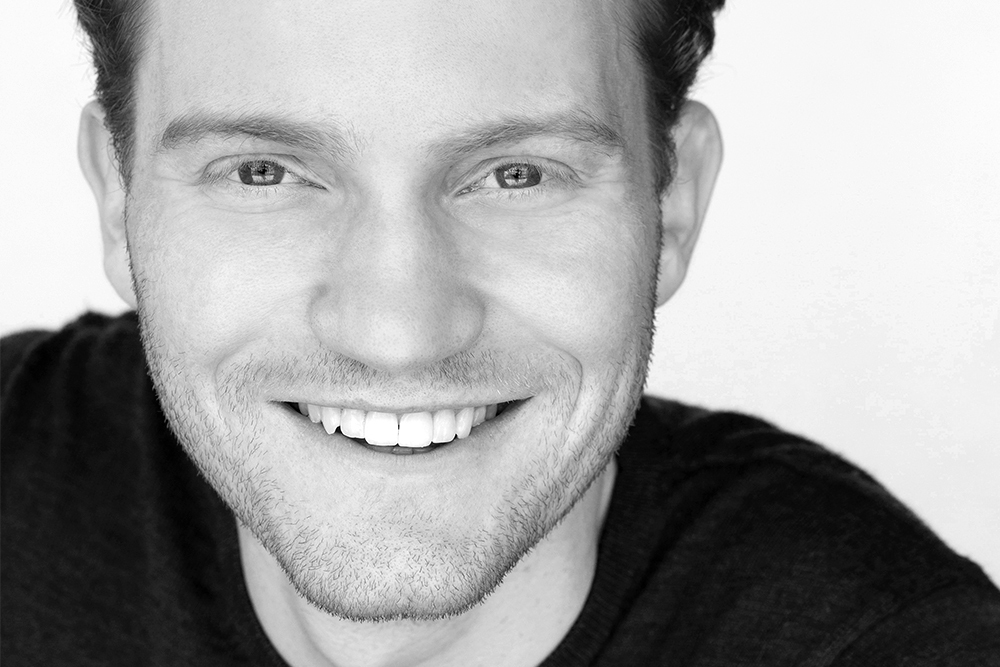


These three groups of characters, representing different swaths of the American experience, will collide as capitalism gains momentum, cultures cross-pollinate and underdogs start to demand their fair share. (Clifton Duncan), an African American piano man whose musical gifts have made him the proud owner of a Model T, infuses Harlem with the syncopated sound of ragtime while pining for Sarah (Bryce Charles), who, pregnant with his child, left town after he did her wrong. Tateh (Marc Ginsburg), a Jewish widower, has arrived in New York, hoping to provide a better life for his Little Girl (Iara Nemirovsky) than was possible in their shtetl in the old country. Mother (Shannon Warne), Father (Zachary Ford) and Little Boy (Luké Barbato Smith) are nestled in their prosperous white enclave of New Rochelle, but they won’t be protected for long from the convulsive changes underway in America. Mark Esposito’s choreography and Darryl Archibald’s music direction and conducting help to smoothly guide the melodious flow. The music winds through the characters, revealing what is at stake for them and the nation. The performers are never lost in the pageantry. But the stars haven’t always aligned for the show, which was produced by scandal-rocked Livent Inc., whose co-founder Garth Drabinsky eventually served prison time in Canada for fraud. The 1998 Broadway premiere was a starry affair, with a cast that included Marin Mazzie, Brian Stokes Mitchell, Audra McDonald and even a young Lea Michele in the role of the Little Girl. The book by Terrence McNally and the score by Stephen Flaherty and Lynn Ahrens received Tony Awards, and had “The Lion King” not been in contention that year it likely would have won for best musical as well. The show contains some of the most breathtaking musical theater writing of the last 25 years.

Morgan to occasionally assist in pushing along the fabricated plot.ĭramatic subtlety can’t help getting lost in the swirl. The saga of three sets of characters at the turn of what would come to be known as “the American century,” the show freely mixes the fictional with the factual in a theatrical montage that conscripts such famous figures as Harry Houdini, Booker T. Doctorow’s sweeping historical novel, swings for the narrative fences.


 0 kommentar(er)
0 kommentar(er)
